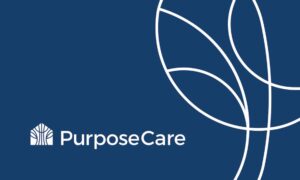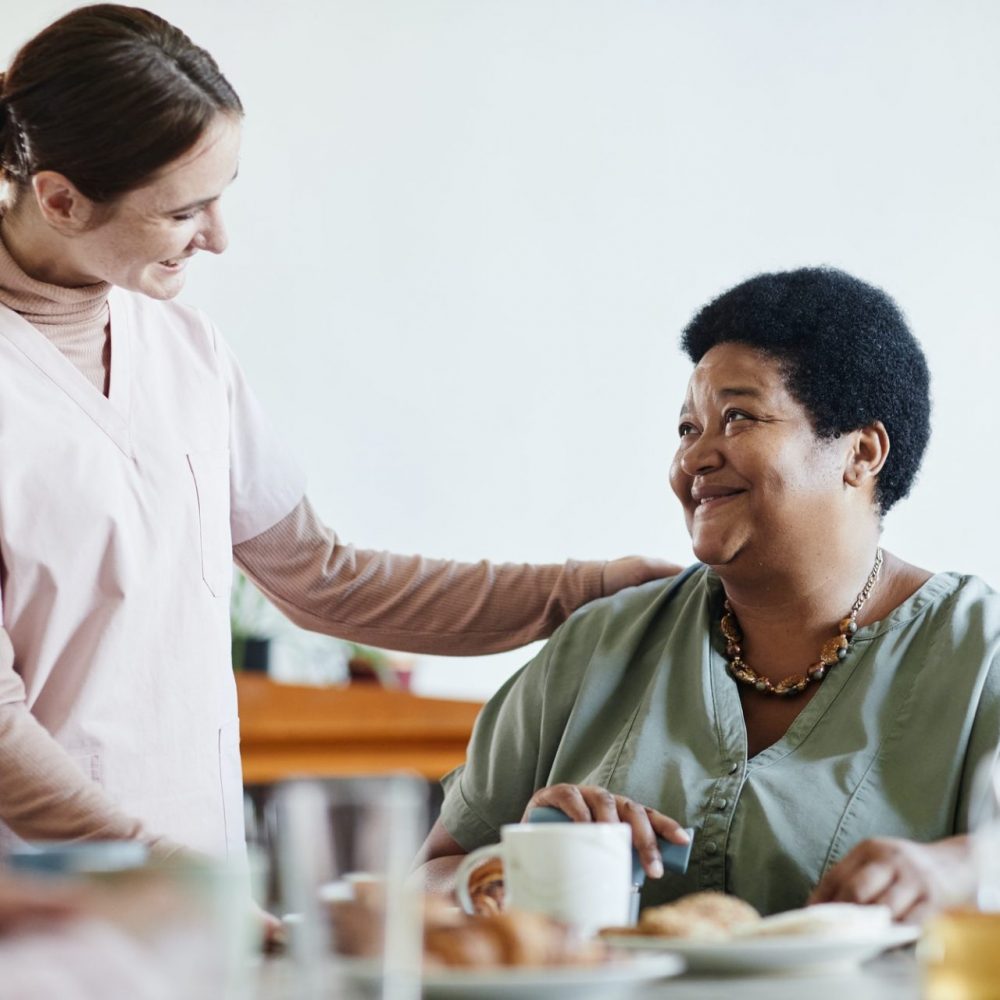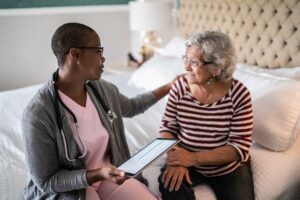From Home Care to Home Health, PurposeCare walks with clients and their families through the continuum of community-based care delivering services in a coordinated manner that enhances quality, reduces cost and most importantly provides the comfort and peace of mind that loved ones are being cared for appropriately.

PurposeCare of Indiana Home Health awarded CHAP Accreditation
Indianapolis, IN – March 26, 2024— PurposeCare of Indiana, a leading provider of coordinated home care and home health services in the Midwest, announced today















